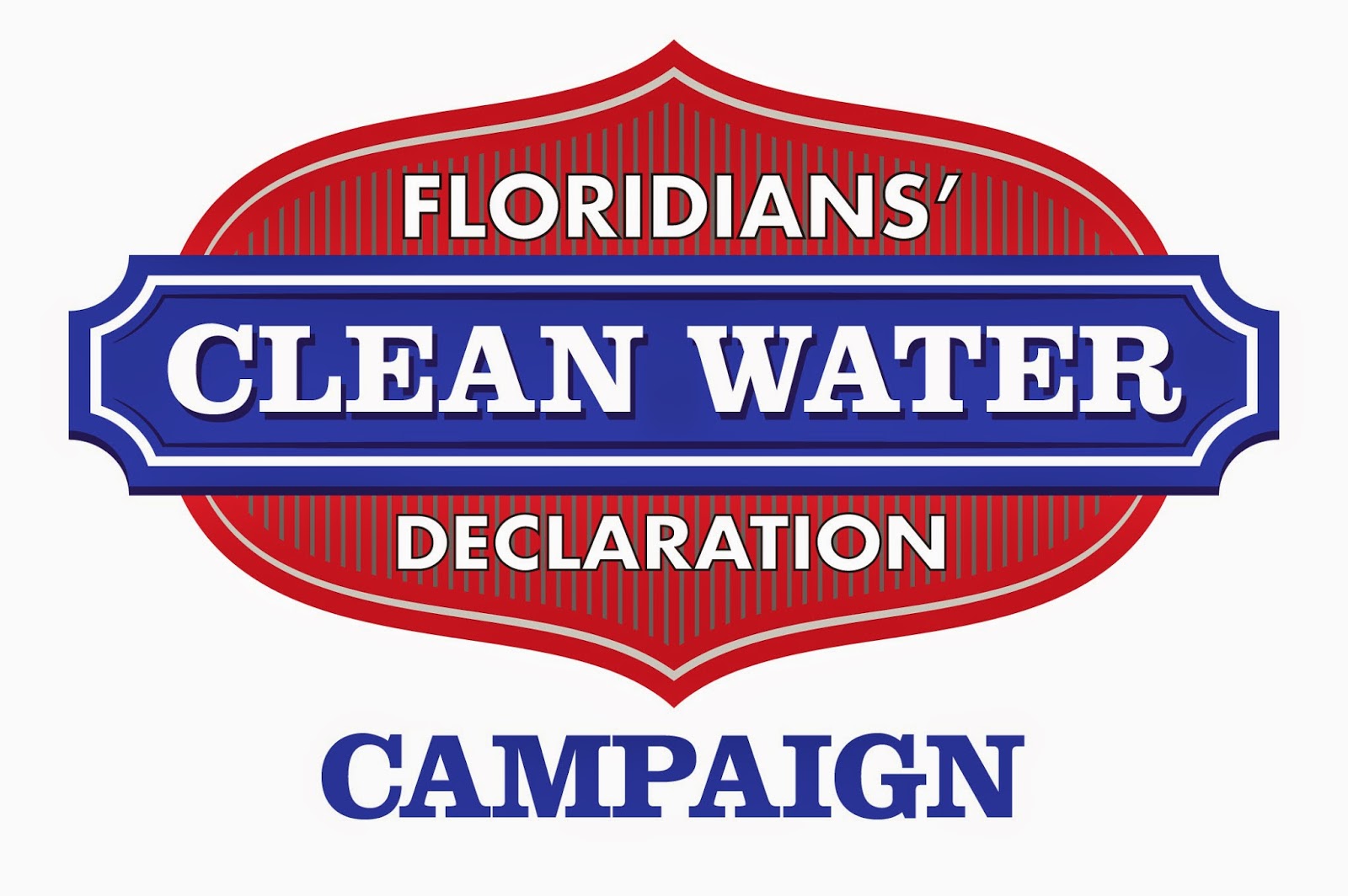50 Groups to Florida AG Bondi: Withdraw Challenge to Chesapeake Bay Cleanup

The Floridian's Clean Water Declaration Campaign is working to bring the voices of water quality advocates in the nonprofit and business worlds together to send a loud and clear message to Florida's decision-makers and water mangers. The first sign-on letter distributed and transmitted by the campaign is directed at Attorney General Pam Bondi, Governor Rick Scott, Commissioner of Agriculture Adam Putnam, Chief Financial Officer Jeff Atwater and U.S. Senators Bill Nelson and Marco Rubio:
May 27, 2014
RE: Chesapeake Bay Clean Water Blueprint Amicus Brief
Dear Attorney General Bondi:
When the leadership of six states joined the U.S. Environmental Protection Agency in an historic plan to effectively manage under-treated sewage, industrial discharges and, most important, agricultural pollution in the Chesapeake Bay watershed, water managers in our state recognized that such collaborative success in the Mid-Atlantic could lead to solutions to Florida's fouled waters as well.
We understood why some regulated industries tied to outdated, unsustainable business practices would fight the cleanup of the Chesapeake, but were confounded and outraged as to why our Attorney General would join the American Farm Bureau Federation, National Pork Council, The Fertilizer Institute, and the National Beef Cattleman's Association in a lawsuit against the Chesapeake Bay Clean Water Blueprint.
This cannot be credibly portrayed as a state's-rights issue, as the Chesapeake Bay states signed and supported the cleanup plan. The legal challenge also cannot be portrayed as protecting Floridians' interests; the demise of the Chesapeake Bay Clean Water Blueprint would actually set a negative precedent for the development and implementation of effective cleanup plans for Florida's waters.
The waters of Florida, and across the country, suffer from the same source of pollution as Chesapeake Bay — too much nitrogen and phosphorus from fertilizer, sewage and animal manure. Algal blooms explode; toxic dead zones are created; and waters are rendered unfit for swimming, fishing or drinking. There isn't one region of Florida that has escaped the impacts of this pollution — we have the lost jobs, decreased property values, and diminished quality of life to show for it from the Panhandle to the Keys but nowhere has the extent of this water quality problem in Florida been more apparent than in the Everglades ecosystem in the last 12 months.
If the Everglades is to be restored, we must effectively deal with not only the storage and conveyance of water through the region but also the quality of that water. Water quality in the Everglades will never be improved if regulated industries do not stop pollution at its source instead of sending it flowing into state waters. The Chesapeake Bay Clean Water Blueprint should be used as a map for other states rather than be attacked because it might actually accomplish what it proposes to do.
The Everglades is the hallmark of Florida — a unique ecosystem found nowhere else on earth — that provides our state with clean drinking water, incredibly biodiversity, and countless recreational opportunities for Floridians and visitors alike that bolster our tourism economy. We need to do everything possible to protect the waters of the Everglades, including supporting and encouraging fruitful collaboration between the state and the US EPA. The State of Florida has been calling on the federal government to "do its part" with regard to the restoration of the Everglades ecosystem; any attempt to sabotage collaboration between the US EPA and another state or states does nothing but hurt our endeavors here to share the burden with Florida's federal partners.
To show the citizens of Florida that you are committed to ensuring Florida's water bodies are clean and healthy, we, the 50 undersigned organizations and businesses, ask you to immediately withdraw the state's involvement in the American Farm Bureau Federation, et. al v. Environmental Protection Agency, (3d. Cir. 2014).
Sincerely,
Founder
Tamara Robbins
Chair
John Kumiski